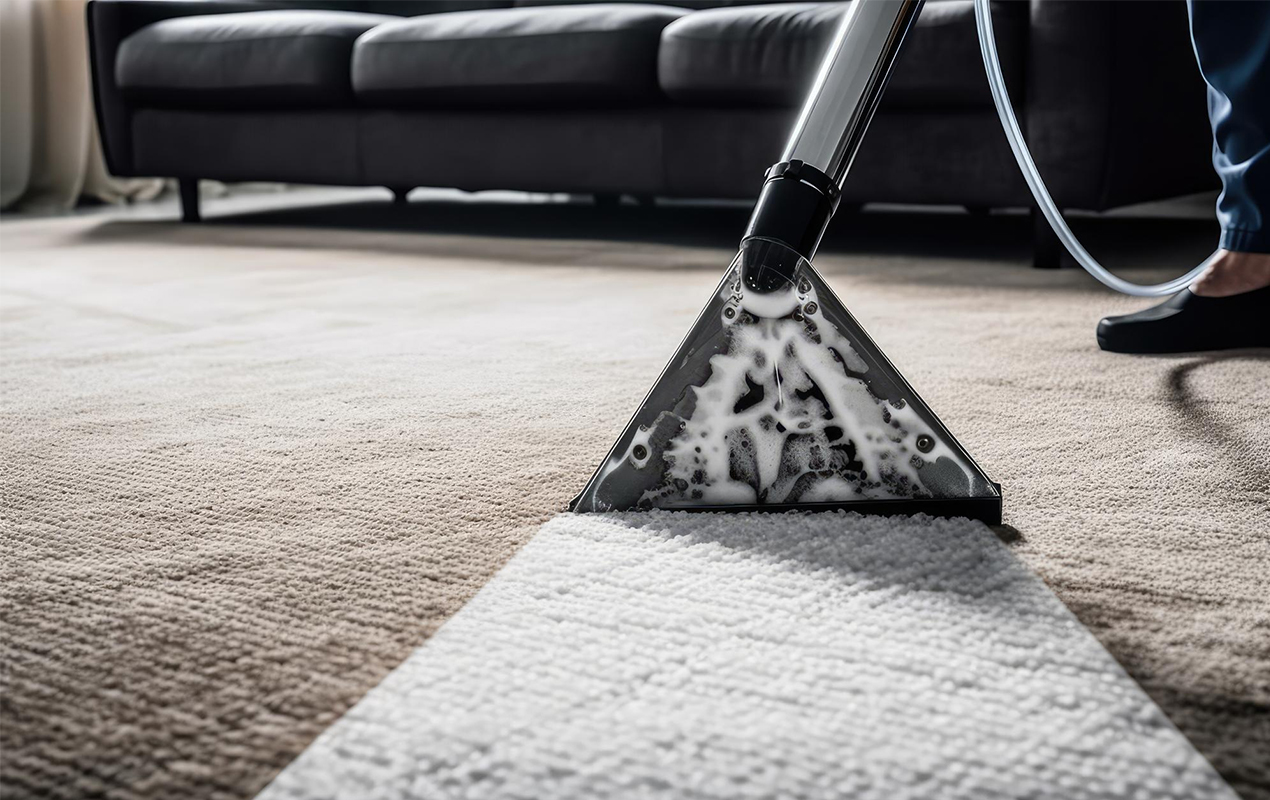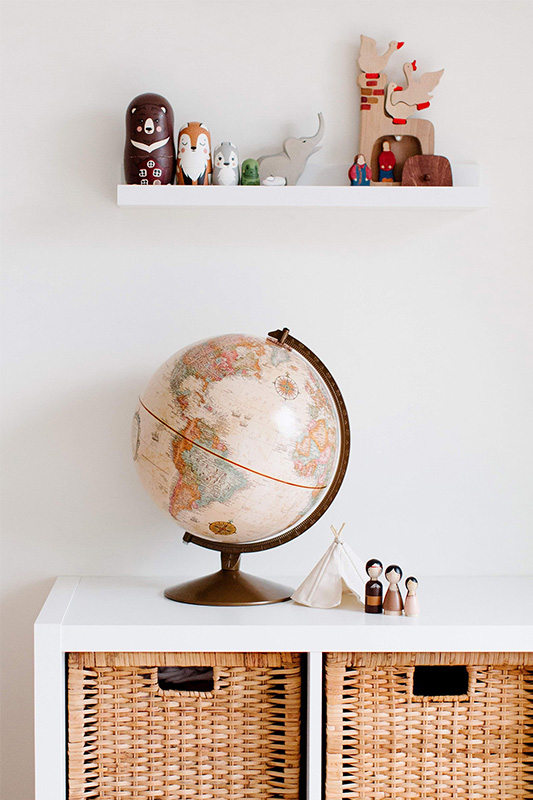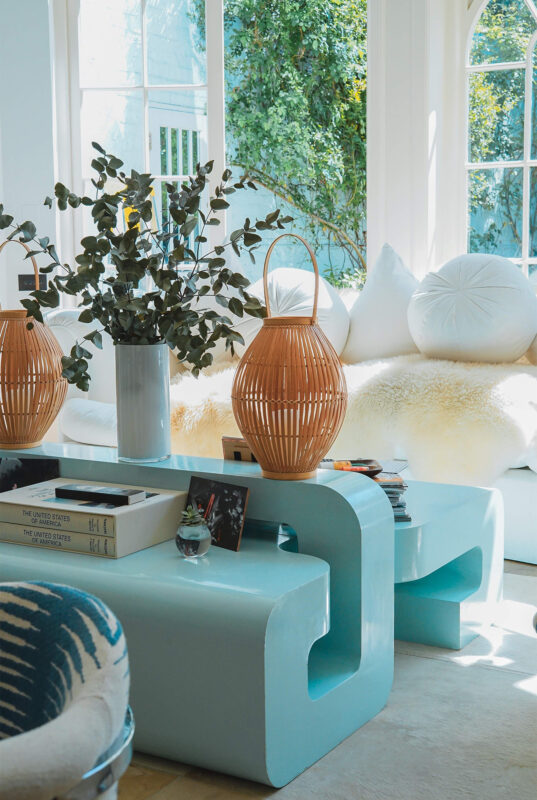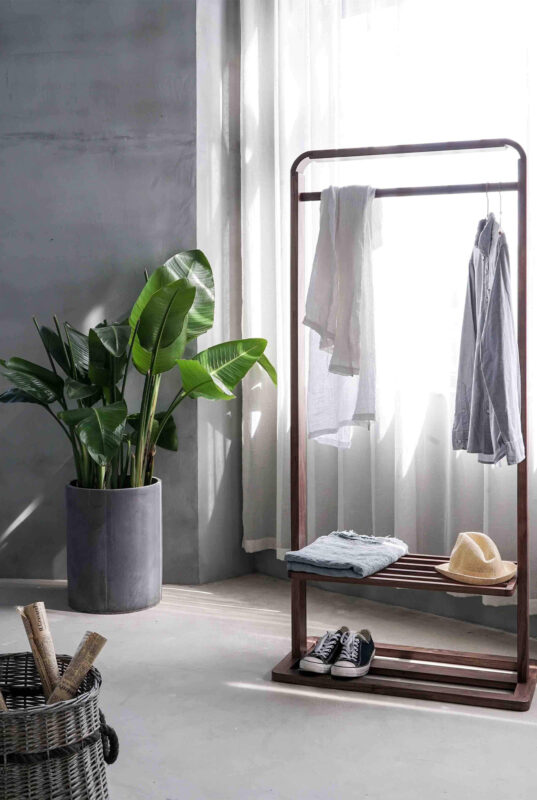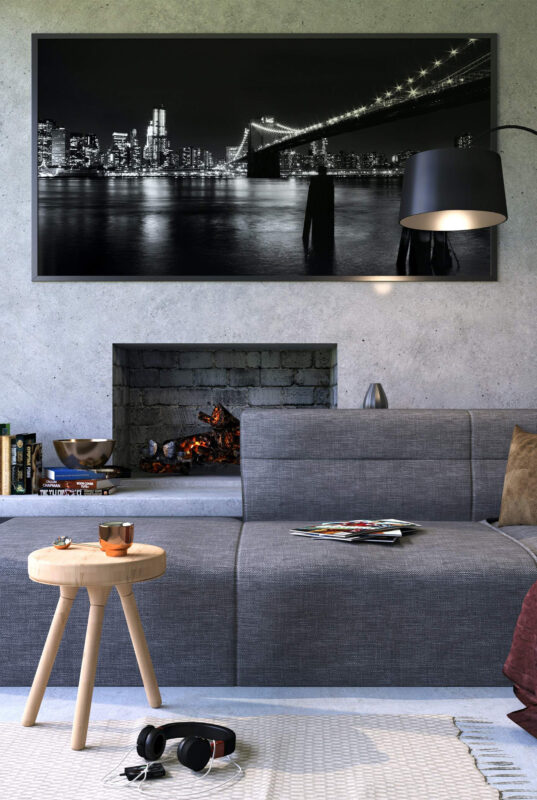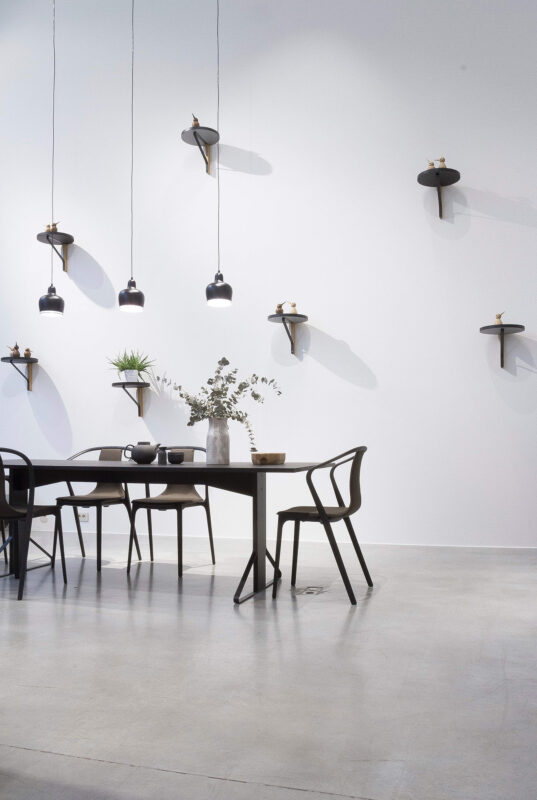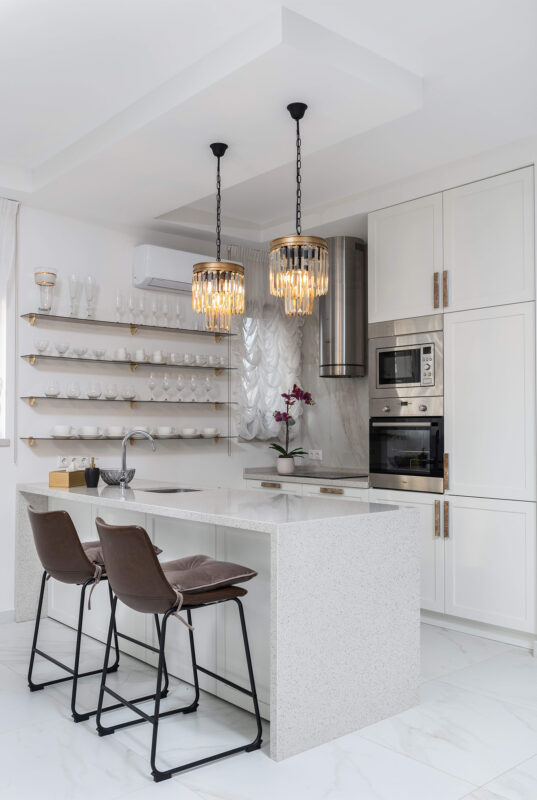Blog
Boost Creativity: Home Decor Tips for the Perfect Writing Space

Making a comfortable and inspiring place to write is a lot like writing a story: every part is important for setting the scene, affecting the story, and making the whole experience better. The parts of a writer’s office should be carefully chosen in the same way they carefully choose the words that go into their stories. This article discusses the art of improving writing spaces through home decor. It gives you ideas and tips on making your writing space a source of creativity and productivity.
The Importance of a Personalized Writing Space
Why Does Your Writing Space Matter?
Think of the place where you write as a blank canvas. What you add to it can either make you want to write a masterpiece or make you stare at a blank page. The places we live significantly impact our mood, energy, and, eventually, our creativity. A unique writing space isn’t just about how it looks; it’s about creating a place that speaks to your inner writer and gives you comfort, motivation, and few distractions.
The Role of Comfort and Functionality
A good place to write is one that strikes a balance between comfort and usefulness. A desk that is the right height, a comfortable chair, and enough light are all basic things that should not be ignored. These things keep your physical pain from getting in the way of your creativity.
Tailoring Your Space to Your Writing Needs
Understanding Your Creative Process
Each writer’s idea-generation process is as distinct as their writing style. Some people find inspiration in a broad spectrum of colors and materials, while others require plain spaces that promote concentration and mental calmness. Identifying your creative strengths is the first step in setting up the ideal writing environment.
Decor and Professional Support
There’s more to making a great place to write than just picking out the suitable chairs and lighting. It’s about building a place for yourself that encourages and sparks your imagination. Adding unique touches to the decor can help you get in the mood to write. But sometimes, the pressures of deadlines can make it hard to fully immerse yourself in this atmosphere. There is help for you through a research paper writing service. You can easily order custom-written papers from a reliable service, giving you more time and mental energy to focus on creating the ideal environment for your writing projects.
Incorporating Elements of Nature
Your writing space’s natural elements can greatly enhance your creative and mental well-being. For instance, plants purify the air and liven up a space, igniting your senses and inspiring creativity. Natural light is another crucial element. It can lift your spirits and give you more energy, making your writing sessions more productive and pleasurable.
Choosing the Right Decor for Your Writing Nook
The Significance of Color Psychology
Different colors can make you feel different things and change the way you think. When choosing colors for a writing space, it’s essential to choose ones that help you focus and be creative. Blue colors are known to calm people down and can also help them get more done. Green colors, on the other hand, encourage balance and unity. Consider how different colors make you feel when choosing paint, furniture, and other items for your writing nook.
Personal Touches That Inspire
You can generate new ideas by filling your writing space with items that have personal significance to you. When you struggle with writing, adding personal touches like artwork, pictures, or items you’ve picked up on your travels can inspire you and help you feel better.
For a truly personalized and vibrant touch, consider exploring options to create neon signs featuring inspiring words, quotes from favorite authors, or even abstract designs that spark your imagination. These unique lighting elements can serve as a focal point in your writing space, adding both visual appeal and a motivating ambiance.
Organizing Your Space for Maximum Productivity
Decluttering: Less is More
Too much stuff in a room can affect your mind, too. Cleaning up your writing space on a regular basis can help you keep your mind clear, which can help your creativity flow. You might want to use simple storage solutions that will keep your space clean and ensure you can quickly access everything you need.
The Power of Proper Lighting
Lighting is a key component of creating the ideal writing atmosphere. The best lighting is natural light, but if that isn’t available, select lamps with gentle, diffused lighting. Avoid bright, direct illumination when working for extended periods of time, as it can strain your eyes.
Leveraging Technology Wisely
Even though technology can be dangerous, using it wisely in your writing space can help you get more done. Noise-canceling headphones can block out noise, and software tools can help you organize your research and ideas. That being said, remember that technology can distract you, and think about ways to reduce digital interruptions.
Conclusion: Your Space, Your Story
Putting together a good place to write is an individual journey that is an integral part of the creative process. You can make a place that looks good and feels right by figuring out what you need and adding things that inspire and motivate you. Don’t forget that the goal is to create a space that helps you write and encourages both work and creativity. For that reason, take the time to make your writing space truly show your individual writing style.






